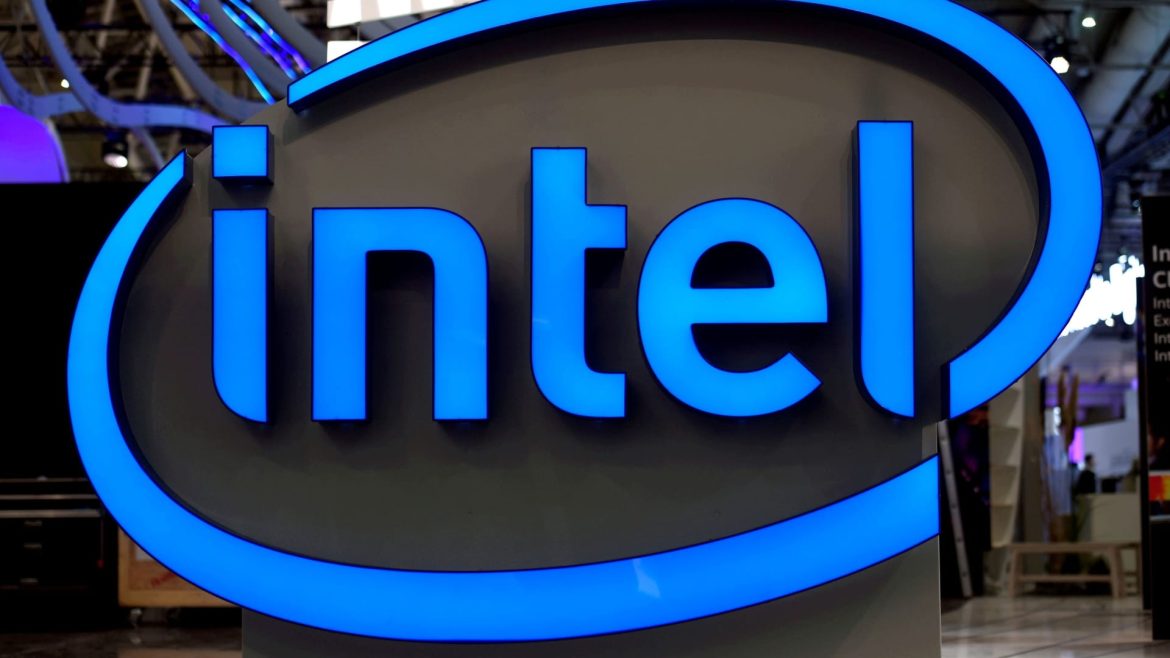Intel Refutes President Rodrigo Chaves’ Remarks on Its Operations in Costa Rica
In a recent development that caught the attention of both the business and political spheres in Costa Rica, Intel Corporation has come forward to clarify its position following statements made by President Rodrigo Chaves. The president had previously suggested that Intel was reassessing its operations in Costa Rica due to a legislative setback regarding the 4/3 workweek bill, known as cumulative working days. However, Intel has openly refuted these claims, reaffirming its commitment to the country.
President Chaves’ Concerns Over the 4/3 Workweek Bill
President Rodrigo Chaves expressed dissatisfaction with the ruling of Sala IV, which found a substantial procedural flaw in the 4/3 workweek bill’s legislative process. Following this decision, he voiced concerns that Intel, along with two other manufacturing companies, might be reconsidering not only their planned investments in Costa Rica but also their overall presence in the country due to this judicial outcome.
Intel’s Response: A Strong Reaffirmation of Commitment
Contrary to the president’s remarks, Intel, in a statement to La Nación, emphasized its ongoing commitment to Costa Rica. The company recently announced a $1.2 billion budget to keep its infrastructure and talent in Costa Rica up-to-date. This investment aims to support new technologies arriving at its operations in the next two years, showcasing Intel’s long-term dedication to its Costa Rican base.
Intel’s Respect for Judicial Decisions and Future Outlook
Intel expressed its respect for the decision of Sala IV, stating that it is closely following the case. The company reassured that Costa Rica continues to play a vital role in its global manufacturing network, indicating no intentions of scaling down its operations in the country.
The Impact of Intel in Costa Rica
Intel’s presence in Costa Rica is significant, with over 3,300 employees and providing work for more than 5,000 contractors. The company’s operations are divided into three major centers:
- The Research and Development (R&D) Center, where 48% of the Costa Rican staff is involved in designing, prototyping, testing, and validating integrated circuit solutions and platforms.
- The Assembly and Testing Center for Processors, accounting for 27% of the workforce, is responsible for packaging and directly shipping some of Intel’s main servers to its customers.
- The Global Services Center, which comprises the remaining 25% of the workforce, handles multifunctional global business processes in Finance, Human Resources, Sales and Marketing, and supply chain management.
The 4/3 Workweek Bill: An Overview and Judicial Outcome
The 4/3 workweek bill proposed to legalize schedules where employees work four days and rest for three if their shift is during the day, or work for three days and rest four if they are on a night shift. Each shift, both day and night, would be 12 hours long, with a daily rest period of an hour and a half, totaling 10.5 hours of effective working time. However, the bill faced a major hurdle when the magistrates concluded that there was a substantial procedural vice because the file was irregularly transferred from the Legal Commission to the Hacendarios Commission in 2020, a body not meant to handle such matters.
Intel’s Steadfast Presence in Costa Rica
Intel’s response to President Chaves’ statements has brought clarity to its position in Costa Rica. The company’s substantial investment and commitment to the country stand as a testament to its confidence in its Costa Rican operations and the broader business environment. As Costa Rica navigates its legislative landscape, the presence of multinational corporations like Intel remains a critical component of its economic fabric.


1 comment
[…] Source link […]